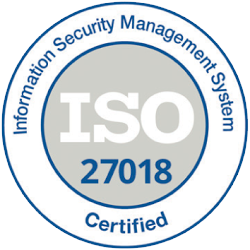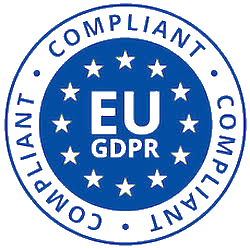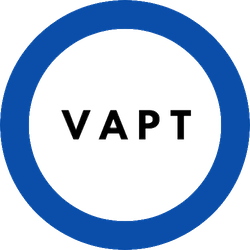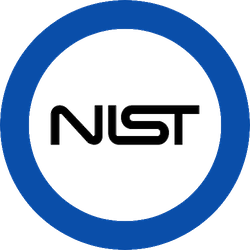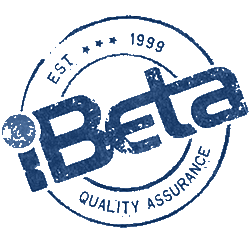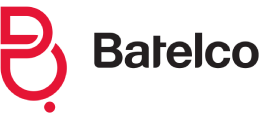Lockdowns and social separating limitations imposed because of the COVID-19 emergency, have brought about financial institutes guiding customers to computerized channels. Expanded utilization of digital channels, disbursal of government help through banks, staff absence, and far off working models have made difficulties around misrepresentation and money laundering, antagonistically affecting anti-money laundering (AML) and know your customer verification (KYC) in the COVID-19 time.
In our view, an evaluation of banks’ administrative and fraud discovery processes will uncover loop-holes delivering them insufficient to manage the overarching circumstance. To battle with the effect of COVID-19 on money laundering and Digital KYC consistency, banks should receive clever innovation sponsored arrangements. Key estimates that should shape a piece of techniques for AML verification under COVID-19 include:
- Replacing physical document verification with government provided computerized IDs
- Utilizing virtual cooperation devices
- Leveraging analytics to distinguish abnormalities in customer conduct
- Receiving instruments to follow illegal activities
Both the Financial Action Task Force (FATF) and Interpol have cautioned of an increment in crime and fraud during the emergency; an ascent in money laundering and terrorism financing activity is a specific concern. Criminals and terrorists may look to manipulate loopholes and shortcomings in public Anti-Money Laundering (AML)/Counter Financing of Terrorism (CFT) frameworks. At the same time, they expect assets to be centered somewhere else, said the FATF, making hazard based oversight and authorization movement more basic than any other time.
Because of the authorized change in consumer conduct and the uplifted fraud dangers, various patterns are arising.
- Digital channels are demonstrating their value
The unexpected implemented change in buyer conduct, combined with the acknowledgment that technology has an imperative task to carry out an important role in money laundering and fraud, will speed up the utilization of digital technology, both as far as customer service and consistency commitments.
Those organizations that had a current digital imprint have had the option to adjust to this emergency more rapidly and successfully than others, as advanced channels permit banks to catch information from customers rapidly and safely, in any event, when typical life and business is disturbed.
- The basic is to dispose, or if nothing else reduce, manual processes
Social separating prerequisites and expanded staff nonattendance rates imply that any foundation that depends on manual or paper-based cycles has confronted huge difficulties, including those that utilize computerized AML verification and Know Your Customer verification(KYC), yet then, at that point, intimate any warnings physically.
- Coordinated solutions are in demand
The significance of systems and applications that can speak with one another by means of technology like application programming interfaces (APIs) to work with distant working is similarly significant regarding customer onboarding, digital KYC and consistency screening arrangements.
- Adapting to Change
For the financial administrations industry, the COVID-19 pandemic is constraining an adjustment of the way the technology, individuals and processes need to meet up to assist with overseeing everyday activities.
The march towards robotization and digitisation has sped up, however the readiness of associations to embrace and investigate innovative arrangements has arranged the district well for the new world that will arise.
From digital KYC to document authentication everything is taken care of by AccuraScan that has been leading in digital KYC. Our process involves face/biometric authentication which thereby provides fast and accurate results. Connect with us today by visiting our website or sending in your request to connect@accurascan.com



